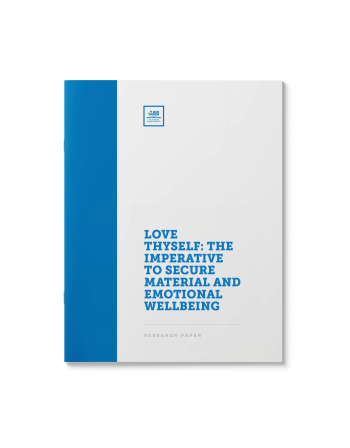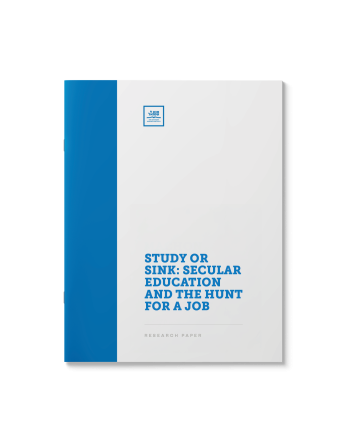Love Thyself (Part II) – The Limits of Physical Self-Abuse
$75.00
Does smoking violate our responsibility to protect our bodies? What about drinking alcohol? Do drugs fall into the same category? This paper examines the parameters of shmiras haguf and extracts the principles that inform halacha’s approach to the various ways of harming oneself.
| Language | English |
|---|---|
| Paper Type | Research Paper |
| Pages | 38 |
Related Products
What is the purpose of dreams? Are their messages real? Is a dream about a Tzaddik to be considered fact or fantasy?
(Includes 88 pages of supplementary material)
What does the Torah stand on narcotics and other illegal substances? Would halacha demand that government intervene and regulate its citizens’ drug use? Or perhaps it is better to legalize such things, allowing addicts to escape a life of crime and perhaps start on the path to recovery?
What are the challenges that the physically and mentally disabled face in observing Jewish law? Are exceptions made? How does halacha balance its obligations to the Torah and to man?
An interesting look at man’s obligations to himself. What does Jewish law demand of him to do to better his lot in life? A survey of the financial, emotional and health precautions that one must take.
The Rambam is famous for suggesting that the unique status of the tribe of Levi can be shared by all those who devote their lives to Torah study while relying on others for their livelihood.
Many have sought to reconcile this lifestyle with various rulings of the Talmud and Shulchan Aruch, as well positions of Rambam elsewhere. What are the arguments for and against?
What do Torah sources require in maintaining a high standard of cleanliness, particularly with regard to food preparation?
(Hebrew)
Joy is one of Judaism’s highest placed values. See why from a range of perspectives including halacha, mussar, and Chassidus. The Baal Shem Tov’s unique emphasis on simcha rounds out this broad discussion.
How would you rate your concern for the environment?
Are there Torah perspectives about respect for nature, plant life, wastefullness and the like that you should be aware of?
The following collections feature sources exploring each of the following Mitzvos, as well as insights into how these laws inform our personal lives:
A. Ba’al Tashchis – (17 pages)Table of Contents Request this paper
B. Shmittah – (50 pages)Table of Contents Request this paper
C. Cutting Fruit Trees – (44 pages)Table of Contents Request this paper
D. Orlah – (16 pages)Table of Contents Request this paper
E. Tza’ar Balei Chaim – (47 pages)Table of Contents Request this paper
F. Kilayim – (25 pages)Table of Contents Request this paper
Judaism generally eschews secular education at the expense of Torah study. The reality, though, is often that one must gain some education or skill in order to make a livelihood. What does Jewish law say about this? What are the limits? How do we balance dogma with daily life?
Related: Studying the Secular: The Soul of the Matter
Each individual is blessed with a unique vantage point through which to observe reality. But are there circumstances in which voicing those opinions is inappropriate accoriding to Torah law? What is the halachah about disagreeing with pre-eminent Torah sages?
A Yeshiva is the mainstay of the Jewish community. The Rebbe would often encourage people to support Yeshivos in a myriad of ways, be it by encouraging enrollment, assisting with financial support, and the like. This features a collection of the Rebbe’s talks on the importance of supporting Yeshivos.
Why is eating so important to Jewish people? Is there something holy about it? A comprehensive survey of the role that food and eating plays in Jewish life.















